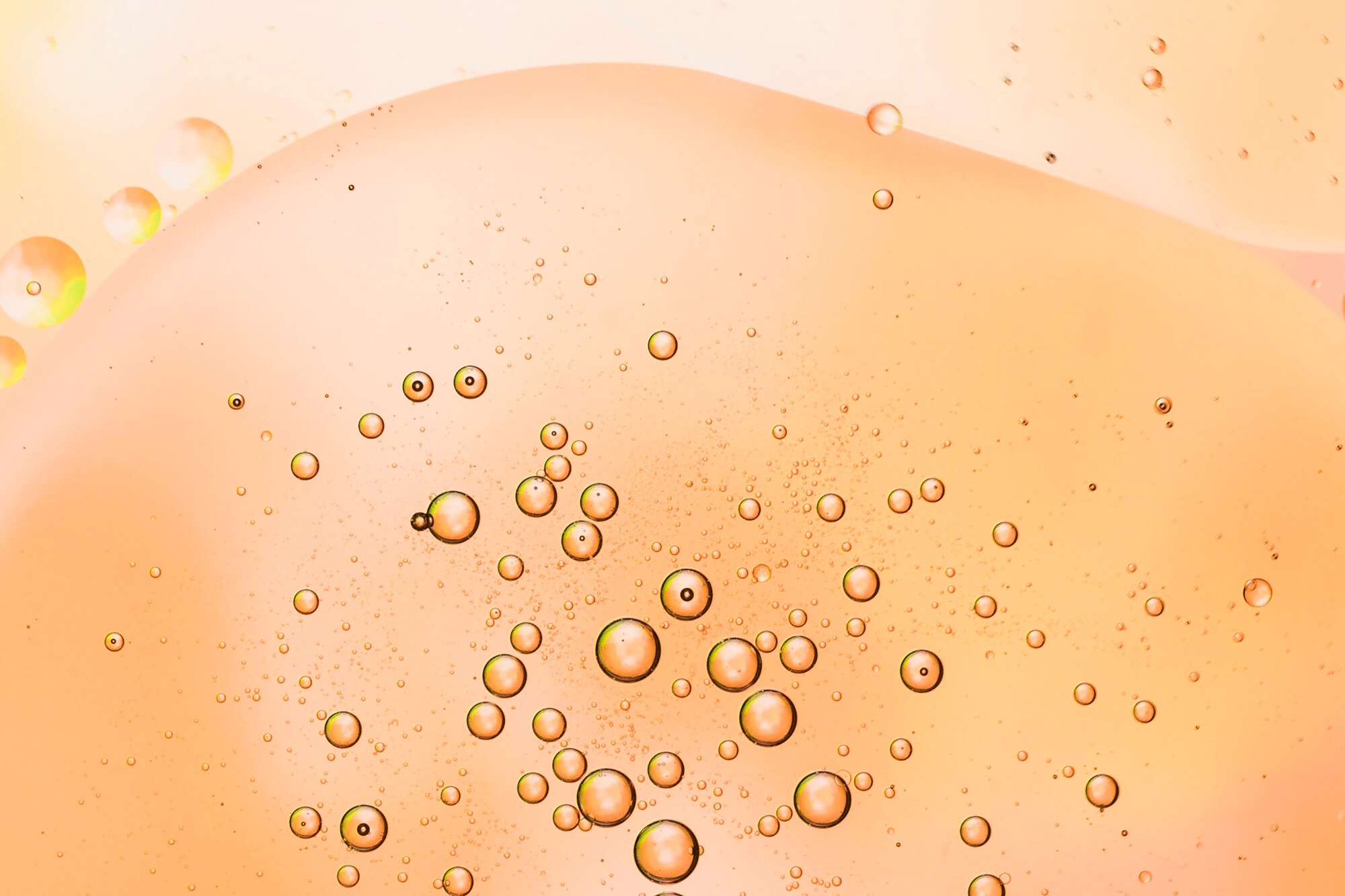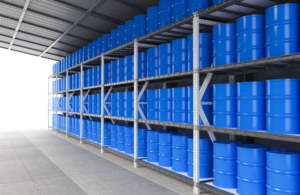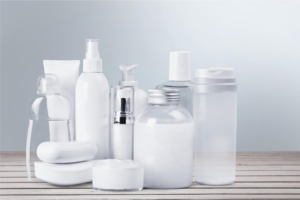
Introduction
Retinoids have become an essential component in dermatology due to their proven ability to treat acne, combat signs of aging, and enhance overall skin health. These vitamin A derivatives offer significant therapeutic benefits, making them a core ingredient in many pharmaceutical formulations and over-the-counter skincare products.
Among the different types of retinoids, adapalene has emerged as one of the most effective options for both acne treatment and anti-aging applications. It offers high stability, minimal irritation, and long-lasting results, making it a preferred choice for pharmaceutical companies and skincare brands worldwide.
This comprehensive guide will explore the different types of retinoids, their mechanisms of action, effectiveness, and safety profiles. We will also explain why adapalene stands out as the best retinoid for most applications.
What Are Retinoids?
Retinoids refer to a class of compounds derived from vitamin A, known for their ability to accelerate skin cell turnover, reduce inflammation, and boost collagen production. They have been widely used in dermatology to treat conditions such as acne, wrinkles, hyperpigmentation, and psoriasis.
Pharmaceutical and Skincare Companies Commonly Use These Retinoids:
- Adapalene – A synthetic, third-generation retinoid primarily used for acne treatment and anti-aging due to its high stability and low irritation potential.
- Tretinoin (Retinoic Acid) – A first-generation, prescription-strength retinoid known for reducing acne, fine lines, and hyperpigmentation.
- Retinol – A milder, over-the-counter retinoid commonly found in anti-aging and skin renewal products.
- Isotretinoin – An oral retinoid used for severe cystic acne that does not respond to topical treatments.
Each of these retinoids has specific benefits, but adapalene is often considered the superior option due to its potency, stability, and reduced side effects compared to tretinoin and isotretinoin.
Explore a leading manufacturer of APIs.
With over 10 years of expertise, we ensure GMP compliance and provide reliable, high-quality solutions.
Adapalene vs. Other Retinoids: A Detailed Comparison
1. Mechanism of Action and Effectiveness
Adapalene, a third-generation retinoid, selectively binds to retinoic acid receptors (RARs). This selectivity allows it to stimulate cell turnover while minimizing irritation, making it particularly effective for acne and anti-aging without excessive redness or peeling.
In contrast, tretinoin, a first-generation retinoid, binds to all retinoid receptors. As a result, it is more potent but also significantly more irritating. It aggressively promotes cell turnover, which can cause redness, peeling, and sensitivity, especially in individuals with sensitive skin.
Retinol, a precursor to retinoic acid, must convert into its active form before showing results. This process makes it significantly weaker and slower-acting compared to both adapalene and tretinoin. While gentler, it takes several weeks or months to produce noticeable improvements.
Isotretinoin is taken orally and works systemically to shrink sebaceous glands and reduce oil production. It is highly effective for severe acne, but it carries significant side effects, including dryness, liver toxicity, and potential birth defects, requiring strict medical supervision.
2. Irritation and Safety Profile
One of the main advantages of adapalene over tretinoin is its lower irritation potential. Adapalene causes less peeling, redness, and dryness, making it ideal for sensitive skin and long-term use.
Tretinoin often leads to significant skin irritation, including peeling, flaking, and redness, especially during the initial adjustment period.
Retinol is gentler but still causes some irritation, particularly when users first introduce it into their skincare routine.
Isotretinoin, while highly effective, has severe side effects and requires strict medical supervision due to risks like liver damage and birth defects.
3. Stability and Formulation Compatibility
Adapalene stands out for its chemical stability, making it easier to formulate into creams, gels, and lotions. Unlike tretinoin, which degrades quickly when exposed to air and light, adapalene remains highly stable, making it an excellent option for large-scale pharmaceutical production.
Tretinoin is highly unstable and requires special packaging and stabilizers to maintain efficacy.
Retinol also oxidizes easily, requiring antioxidants in formulations to prevent degradation.
Isotretinoin is only available in oral form, limiting its use to severe acne cases rather than general skincare applications.
4. Use Cases and Applications
| Retinoid | Main Use | Ideal For | Side Effects | Stability |
|---|---|---|---|---|
| Adapalene | Acne, anti-aging | Sensitive skin, long-term use | Minimal irritation | High stability |
| Tretinoin | Acne, wrinkles, pigmentation | Strong effects needed, not for sensitive skin | High irritation | Low stability |
| Retinol | Mild anti-aging, skincare | Over-the-counter skincare | Mild irritation | Moderate stability |
| Isotretinoin | Severe cystic acne (oral use) | Dermatologist-prescribed cases | High risk of side effects | N/A |
Why Adapalene Is the Best Retinoid
Among all retinoids, adapalene stands out as the best choice due to its high efficacy, minimal irritation, and superior stability.
Pharmaceutical companies and skincare brands prefer adapalene API because it treats acne faster without excessive peeling. It remains more stable than tretinoin, making it easier to formulate into skincare products. It is less irritating than tretinoin and retinol, making it suitable for all skin types. It delivers anti-aging benefits by stimulating collagen production and reducing fine lines.
Why Choose Chemignition Laboratory for Retinoid API Manufacturing?
At Chemignition Laboratory, we specialize in manufacturing high-quality adapalene API and other retinoid APIs for pharmaceutical and skincare formulations.
What We Offer:
✔ High-purity adapalene API manufactured under strict GMP guidelines.
✔ Regulatory-approved production meeting FDA, EMA, WHO, and ISO standards.
✔ Global supply chain ensuring on-time delivery.
✔ Bulk API solutions with customized formulations for different skincare needs.
✔ Comprehensive technical support to help with product stability and formulation.
Conclusion: Choosing the Best Retinoid for Your Product
If you are developing an acne treatment, anti-aging cream, or pharmaceutical formulation, choosing the right retinoid API is crucial.
For fast results with minimal irritation, adapalene remains the best option. For more aggressive treatments, tretinoin may work but requires careful handling. For over-the-counter skincare, retinol provides a milder alternative. For severe acne cases, isotretinoin offers the strongest effects but comes with significant risks.
Partner with Chemignition Laboratory
🚀 Looking for a trusted adapalene API supplier? Chemignition Laboratory provides high-purity retinoid APIs to meet your pharmaceutical and skincare needs.
📩 Contact us today to request a quote and discuss your API requirements! 🚀
FAQs
What are retinoids, and how do they work?
Retinoids are vitamin A derivatives that promote skin cell turnover, reduce inflammation, and stimulate collagen production. They work by accelerating skin renewal, treating acne, reducing fine lines, and improving overall skin texture.
What is the difference between adapalene and other retinoids?
Adapalene is a third-generation retinoid known for its high stability and minimal irritation. It is less irritating than tretinoin and more effective than over-the-counter retinol. Unlike isotretinoin, which is taken orally for severe acne, adapalene is applied topically and works without causing excessive dryness or side effects.
Is adapalene better than tretinoin?
Adapalene is often preferred over tretinoin because it provides similar acne-fighting and anti-aging benefits while causing less irritation. It is also more stable, meaning it does not degrade quickly when exposed to air or light.
Can adapalene be used for anti-aging?
Yes, adapalene is an excellent retinoid for anti-aging. It helps reduce fine lines, improve skin elasticity, and promote collagen production while being gentler on the skin than tretinoin.
Can adapalene be used daily?
Yes, adapalene can be used daily, preferably at night. However, beginners should start using it every other day to allow the skin to adjust and minimize irritation.
Does adapalene cause skin peeling?
Mild peeling may occur in the first few weeks of use as the skin adjusts. However, adapalene causes significantly less peeling and irritation than tretinoin.
Why do pharmaceutical and skincare companies prefer adapalene?
Adapalene is preferred because it is:
- Highly stable, making it easy to formulate into creams and gels
- Less irritating than tretinoin, making it suitable for a wider audience
- FDA-approved for acne treatment and widely studied for anti-aging benefits
Can pregnant women use adapalene?
No, pregnant women should avoid adapalene and other retinoids due to potential risks. Always consult a doctor before using any retinoid-based product during pregnancy.



